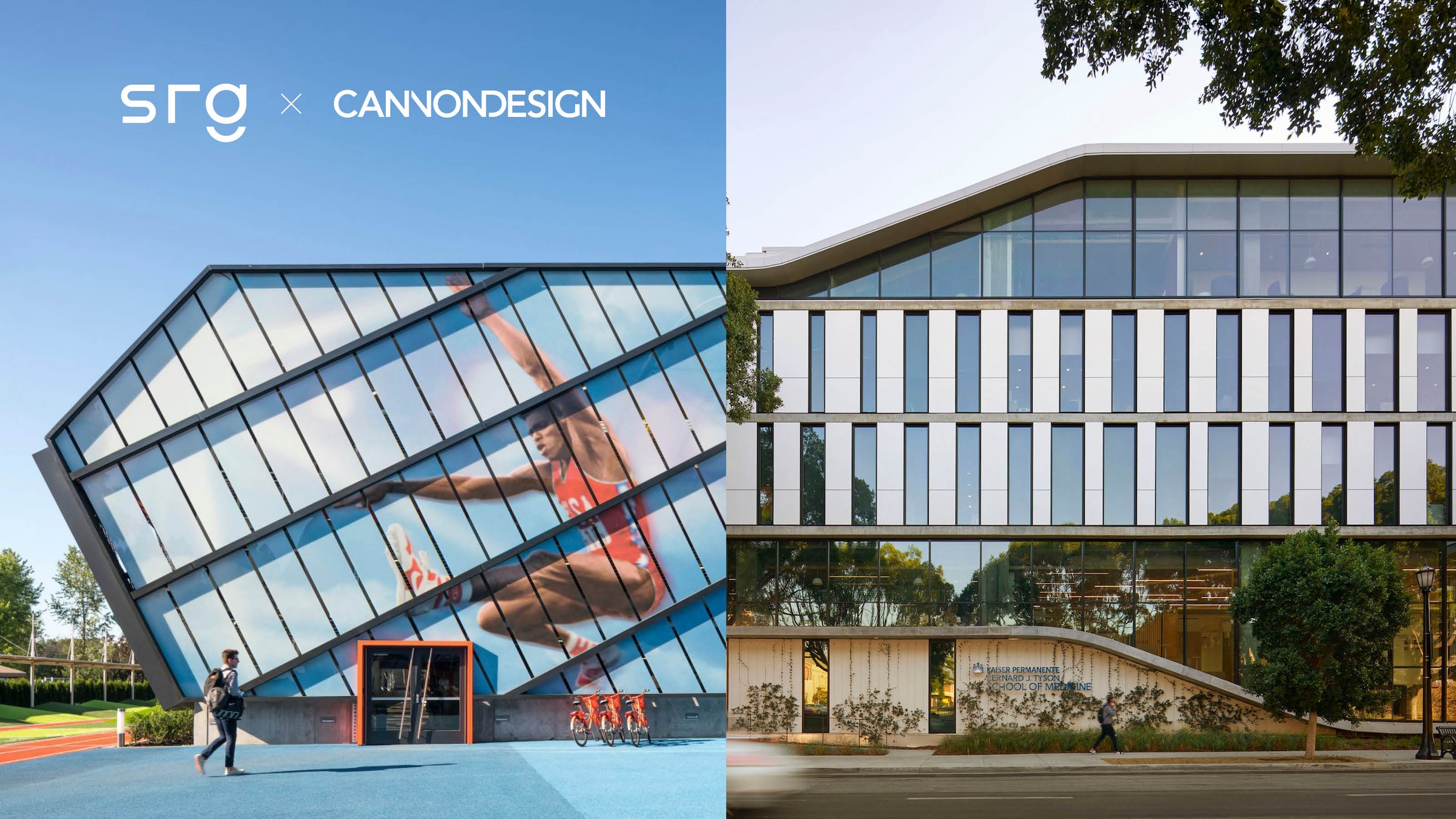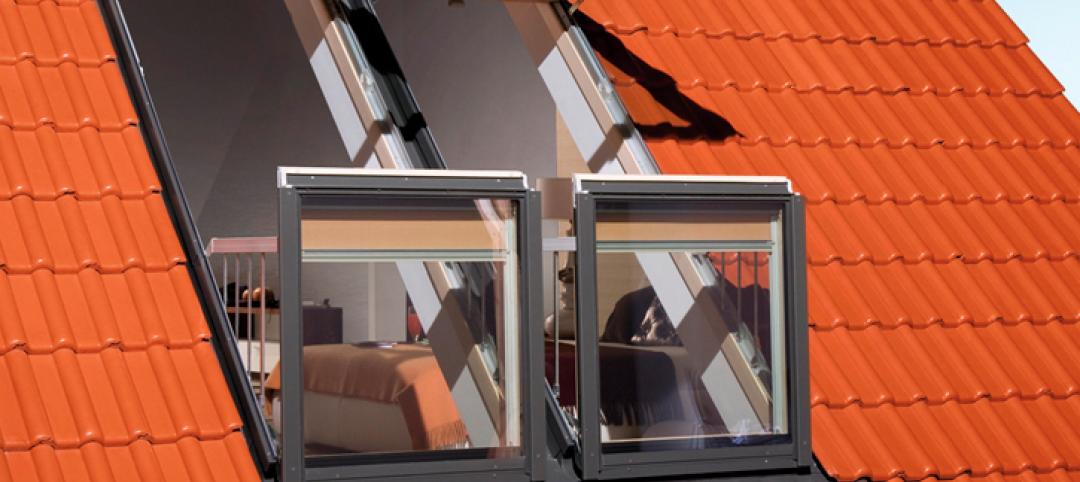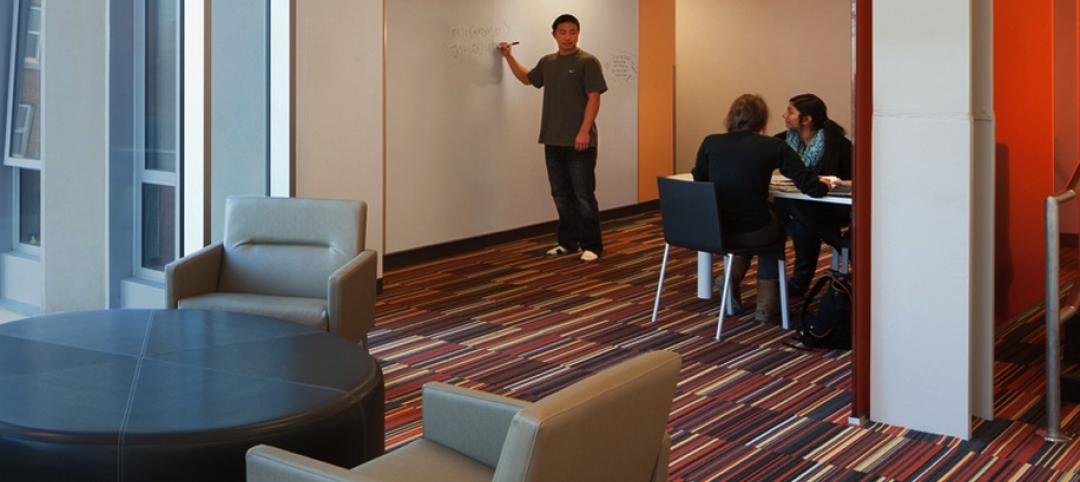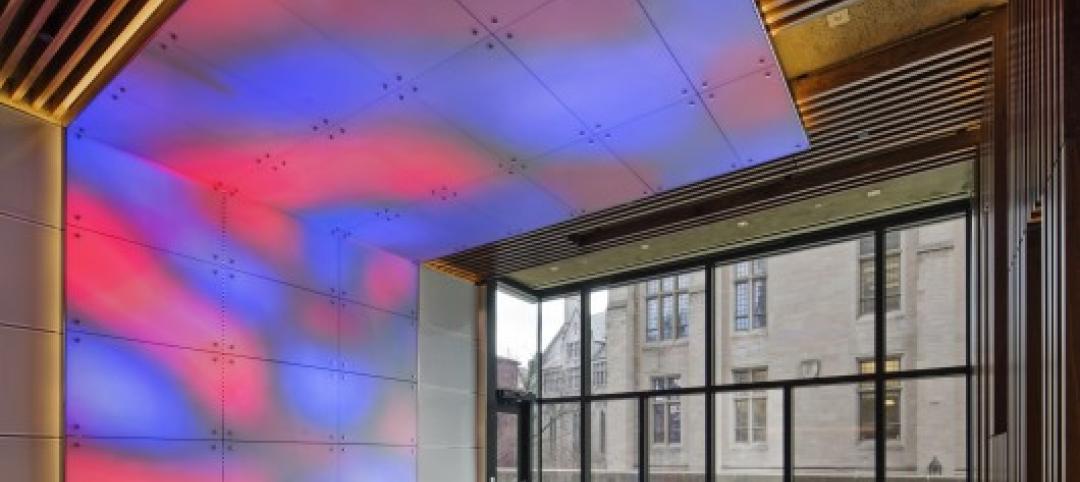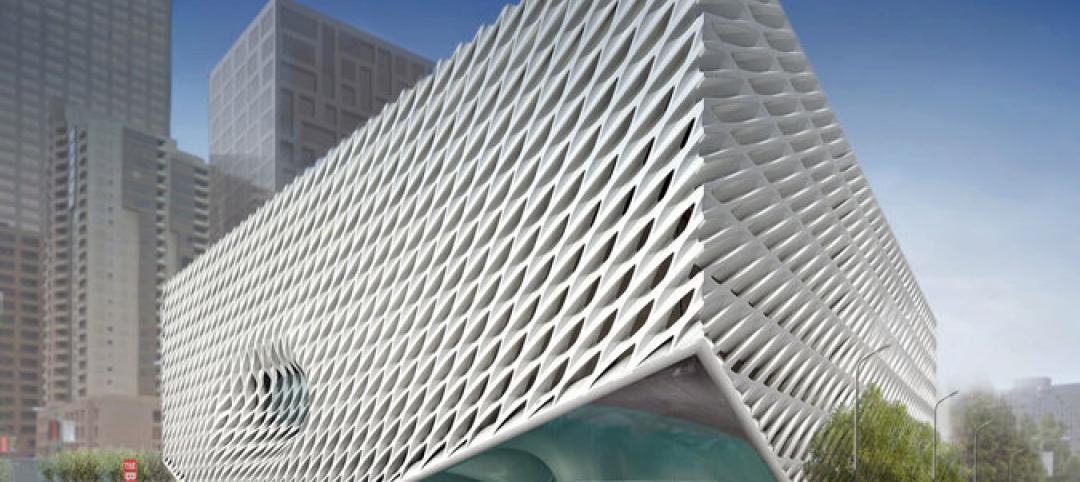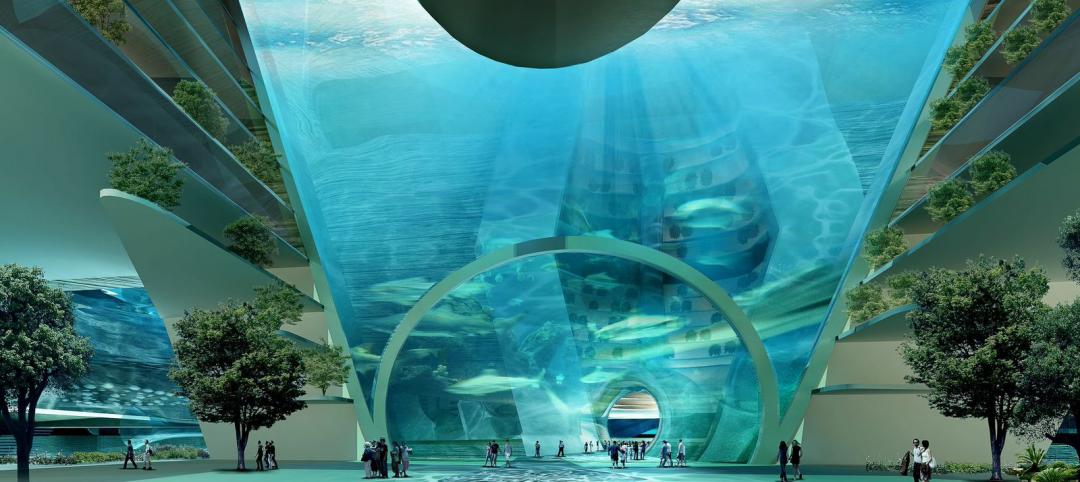SRG Partnership, a dynamic architecture, interiors and planning firm with studios in Portland, Oregon, and Seattle, Washington, has joined CannonDesign. This merger represents not only a fusion of businesses but a powerhouse union of two firms committed to making a profound difference through design.
Both SRG Partnership and CannonDesign share a commitment to designing places that help people, communities and the environment flourish. Together, the firms will amplify their impact throughout the Pacific Northwest and across the country, setting new standards for transformative design for health and wellness, education, science and technology, sports and recreation, and culture.
Going forward, SRG Partnership will be known as SRG + CannonDesign. With the addition of SRG’s Portland and Seattle studios, CannonDesign now has 18 offices and nearly 1,300 teammates across North America and India.
“SRG Partnership defines itself with a statement—Invent a better future—that truly resonates with me,” says CannonDesign’s CEO Bradley Lukanic, AIA. “Partnering with this established design firm is a wonderful start to the year. The alignment and focus between our firms will drive us forward; together we’re going to create positive impacts with design excellence in and outside of our communities.”
SRG has a storied history in the Pacific Northwest spanning more than 50 years. Led by President Lisa Petterson, the firm is recognized for its commitment to crafting deeply sustainable buildings that enhance the quality of life. Its more than 60 employees have led award-winning projects of all scales, from the Oregon Health & Science University Knight Cancer Research Building to Hayward Field at the University of Oregon, the Multnomah County Central Courthouse and the Center for Behavioral Health and Learning at the University of Washington, among others.
“SRG has been making an impact consistently, but we recognize we can achieve even greater growth and impact alongside CannonDesign,” noted Petterson. “The alignment in our cultures, commitment to diversity and emphasis on sustainability is striking. CannonDesign’s Living-Centered Design ethos also beautifully aligns with our purpose to leave a lasting impact on communities. I’m genuinely excited about the new opportunities this merger brings to our people, clients and the communities we design for.”
CannonDesign is a design solutions firm at the nexus of architecture, strategy, experience, interior design, engineering and social impact. The firm is consistently recognized by Fast Company as one of the most innovative companies in the world, designing buildings, experiences and strategies for esteemed organizations such as Mayo Clinic, Memorial Sloan Kettering, LinkedIn, Oak Ridge National Laboratory, Under Armour, University of Chicago Medicine, CalTech and more.
"There's a clear synergy in our firms’ shared commitment to design excellence,” added David Polzin, CannonDesign’s Executive Director of Design. “SRG’s portfolio is outstanding, both regionally sensitive and transcendent of place. Their teams’ dedication to being environmentally responsible, resilient and equitable is evident in their work. I’m looking forward to designing a brighter future together.”
Learn more at www.cannondesign.com and www.srgpartnership.com.
Related Stories
| Jun 10, 2014
Gaudi’s famed cathedral on ice: Dutch students to construct 132-foot ice replica of Sagrada Familia
"Sagrada Familia in Ice" will be built with a mixture of wooden fibers and plain ice that is three times stronger than ice.
| Jun 10, 2014
Built-in balcony: New skylight windows can fold out to create a patio
Roof window manufacturer Fakro offers a skylight window system that quickly converts into an open-air balcony.
| Jun 10, 2014
New York's first-ever public housing for visually-impaired begins upgrade
Selis Manor is the first government-funded residence for the vision-impaired and disabled in New York City. MAP’s design eases crowding, increases security, and separates residents and visitors.
| Jun 9, 2014
6 design strategies for integrating living and learning on campus
Higher education is rapidly evolving. As we use planning and design to help our clients navigate major shifts in culture, technology, and funding, it is essential to focus on strategies that help foster an education that is relevant after graduation. One way to promote relevance is to strengthen the bond between academic disciplines and the campus residential life experience.
| Jun 9, 2014
Green Building Initiative launches Green Globes for Sustainable Interiors program
The new program focuses exclusively on the sustainable design and construction of interior spaces in nonresidential buildings and can be pursued by both building owners and individual lessees of commercial spaces.
| Jun 9, 2014
10 projects named 2014 AIA Small Project Award winners
Yale's funky new Ground café and a pavilion made from 53,780 recycled plastic bottles are among the nation's best new small projects.
| Jun 9, 2014
Eli Broad museum files $19.8 million lawsuit over delays
The museum, meant to hold Eli and Edythe Borad's collection of contemporary art, is suing the German company Seele for what the museum describes as delays in the creation of building blocks for its façade.
| Jun 8, 2014
What’s the word of the day? It’s all about ‘resiliency’
Just for the sake of argument, let’s put aside the rhetoric about climate change—whether it’s actually happening, whether it’s a result of manmade activity—and agree that we are experiencing some pretty dramatic weather events that are having huge impacts on populations here in the U.S. and worldwide.
Smart Buildings | Jun 8, 2014
Big Data: How one city took control of its facility assets with data
Over the past few years, Buffalo has developed a cutting-edge facility management program to ensure it's utilizing its facilities and operations as efficiently, effectively, and sustainably as possible.
| Jun 6, 2014
Must see: Can a floating city offset urban population growth in China?
AT Design Office has proposed a design for a floating city to offset increasing urban populations in China. To create the new city, a 10-square kilometer island would be made out of prefab blocks.


